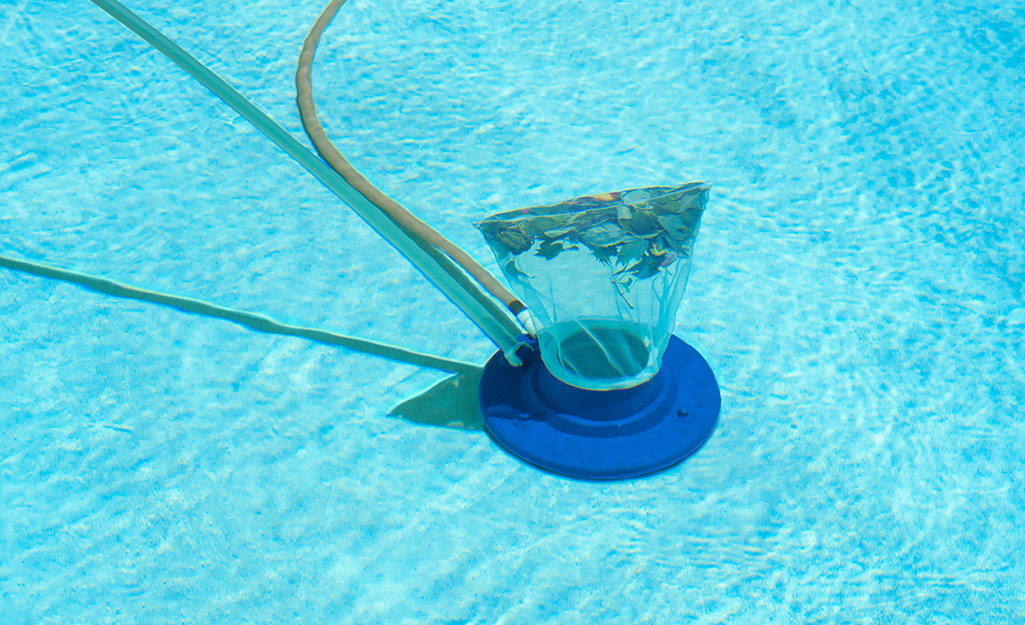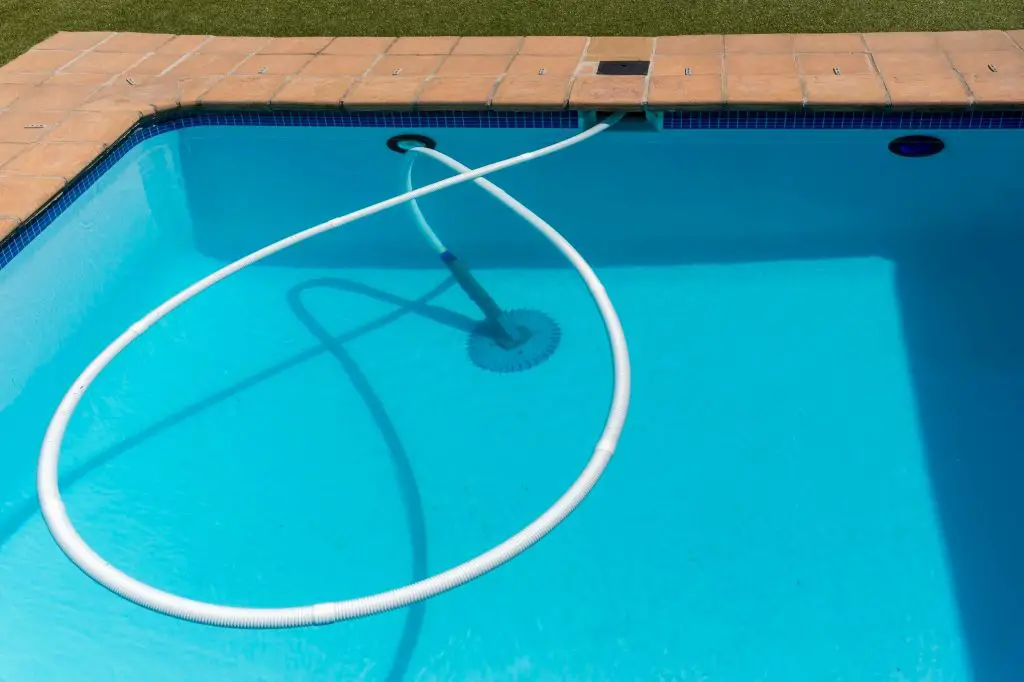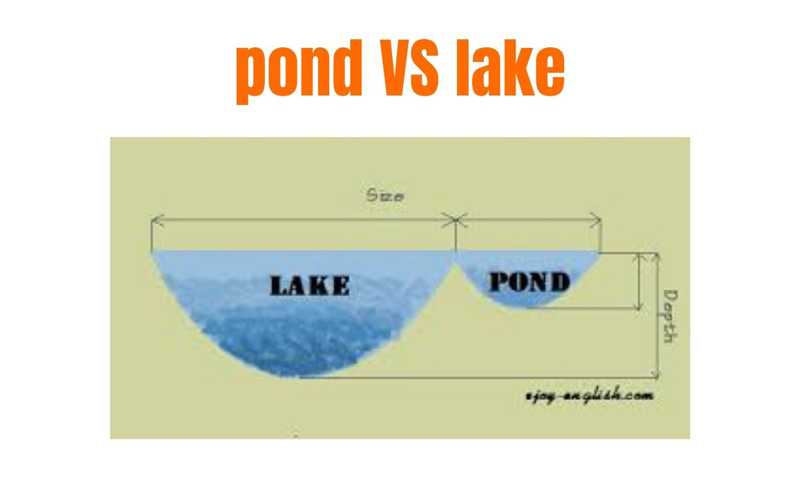Keeping your pool clean and sparkling is essential for a pleasant swimming experience. One of the most important tools in pool maintenance is the pool vacuum. But have you ever wondered how a pool vacuum actually works? In this article, we will delve into the inner workings of a pool vacuum and explore its functions.
Types of Pool Vacuums
Before we dive into the mechanics, let’s first understand the different types of pool vacuums available. There are primarily three types:
- Manual Pool Vacuums: These are handheld devices that require manual operation. You connect them to your pool’s filtration system and move them around the pool to clean the debris.
- Automatic Pool Vacuums: These are self-propelled devices that move around the pool on their own, cleaning the debris as they go. They are powered by electricity or water pressure.
- Robotic Pool Vacuums: These are advanced pool cleaning machines that operate independently. They have their own motors, filters, and cleaning mechanisms. You simply place them in the pool, and they do the rest.
The Mechanics of a Pool Vacuum
Now that we know the different types of pool vacuums, let’s take a closer look at how they work.
Manual Pool Vacuums
Manual pool vacuums work by utilizing the suction power of your pool’s filtration system. They typically consist of a vacuum head, a telescopic pole, and a hose. Here’s how they work:
- You attach the vacuum head to the telescopic pole, which allows you to maneuver it around the pool.
- The other end of the vacuum head connects to the hose, which is then connected to the pool’s skimmer or dedicated vacuum line.
- As you move the vacuum head across the pool’s surface, the suction created by the filtration system pulls water and debris into the vacuum head and through the hose.
- The debris is then trapped in the pool’s filtration system, preventing it from re-entering the pool.
Automatic Pool Vacuums
Automatic pool vacuums work similarly to manual vacuums but with the added convenience of automated movement. Here’s how they operate:
- Automatic pool vacuums are connected to the pool’s filtration system or a dedicated pump.
- They use the power of the water flowing through them to create suction.
- As the vacuum moves around the pool, the suction pulls in debris and water into the vacuum’s filter bag or cartridge.
- The debris is collected in the filter bag or cartridge, preventing it from circulating back into the pool.
- Some automatic pool vacuums also have brushes or scrubbers to loosen dirt and algae from the pool’s surface.
Robotic Pool Vacuums
Robotic pool vacuums are the most advanced and efficient type of pool vacuum. They operate independently and do not rely on the pool’s filtration system. Here’s how they work:
- You simply place the robotic pool vacuum in the pool, ensuring it is fully submerged.
- The vacuum is equipped with a motor, brushes, and filters.
- It moves around the pool, guided by sensors or a pre-programmed cleaning pattern.
- The brushes scrub the pool’s surface, while the vacuum suctions up debris and dirt into its filter.
- Once the cleaning cycle is complete, you remove the vacuum from the pool and clean or replace the filter.
Benefits of Using a Pool Vacuum
Now that we understand how pool vacuums work, let’s explore the benefits of using them for pool maintenance:
- Efficient Cleaning: Pool vacuums can effectively remove dirt, leaves, insects, and other debris from your pool, ensuring a clean and safe swimming environment.
- Time-Saving: Automatic and robotic pool vacuums can save you time and effort by doing the cleaning for you. You can relax or attend to other tasks while the vacuum does its job.
- Preventing Algae and Bacteria: Regular vacuuming helps prevent the growth of algae and the accumulation of bacteria, ensuring the water remains clear and healthy.
- Extend the Lifespan of Pool Equipment: By removing debris and preventing clogs in the filtration system, pool vacuums help prolong the lifespan of your pool equipment.
- Cost-Effective: Investing in a pool vacuum can save you money in the long run by reducing the need for professional cleaning services and minimizing the risk of costly repairs.

Credit: www.youtube.com

Credit: www.homedepot.com
Tips for Using a Pool Vacuum
To get the most out of your pool vacuum and ensure optimal performance, consider these tips:
- Regular Maintenance: Clean or replace the filters regularly to maintain suction power and prevent clogs.
- Proper Storage: Store your pool vacuum in a dry and protected area when not in use to prolong its lifespan.
- Adjustment: Adjust the vacuum’s speed, suction power, and cleaning pattern according to your pool’s specific needs.
- Supervision: Keep an eye on the vacuum during operation to ensure it doesn’t get stuck or encounter any issues.
- Chemical Balance: Maintain proper water chemistry to prevent the growth of algae and reduce the strain on your pool vacuum.
Conclusion
Pool vacuums are essential tools for maintaining the cleanliness and hygiene of your pool. Whether you opt for a manual, automatic, or robotic vacuum, understanding how they work can help you make the most of your pool cleaning efforts. By regularly vacuuming your pool, you can enjoy a pristine swimming experience and extend the lifespan of your pool equipment. So, invest in a pool vacuum today and say goodbye to debris and dirt!


